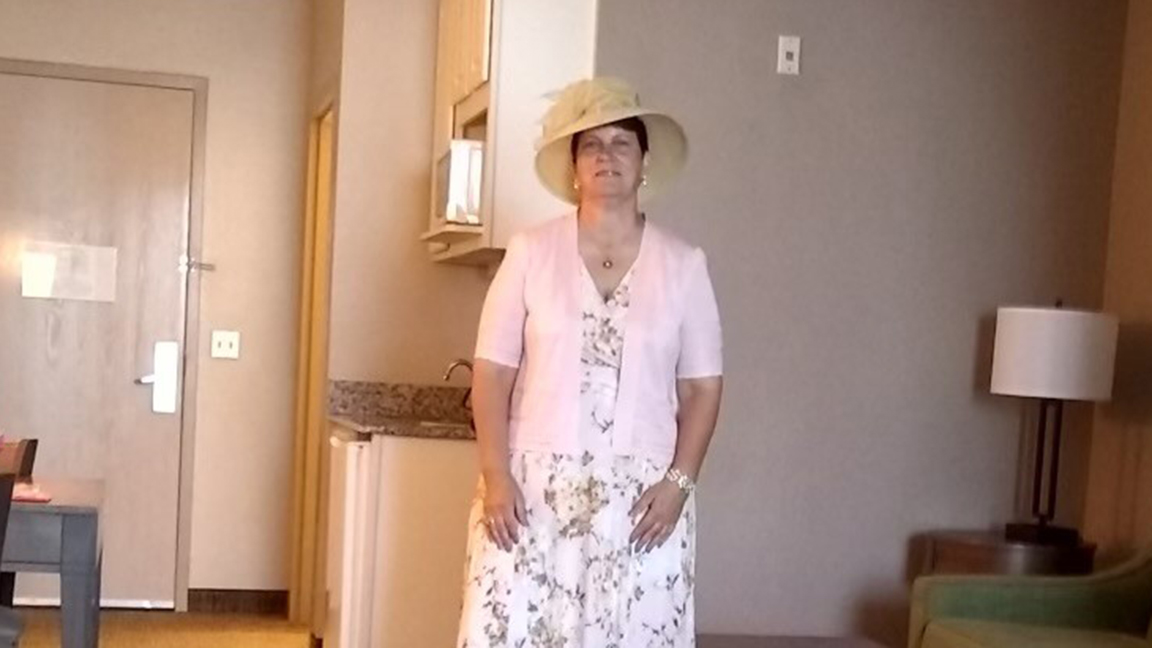Linda Warriner’s uterus had been falling out of her body for seven years.
She went to a doctor when she first started feeling discomfort — and that first doctor told her nothing could be done.
So, for seven years the now-56-year-old Myrtle Beach resident just dealt with the pain, the difficulty walking, having to always wear sanitary pads, not being able to go too far from home.
Until she met Dr. Annaceci Peacher, a urogynecologist at Tidelands Health Women’s Center at Georgetown and Holmestown Road, who performed a minimally invasive surgery that changed her life.
“It’s been three months, and I feel like a new person already,” Warriner says through tears. “I’m back.”
Warriner’s condition is a common one. Nearly half of women between the ages of 50 and 79 have some degree of pelvic organ prolapse, according to Johns Hopkins Medicine.
Uterine prolapse happens when pelvic muscles weaken and the uterus drops into the vaginal canal, in some cases protruding out of the vagina. Postmenopausal women who have given birth are at higher risk. Sometimes there are no symptoms, but other times the condition can seriously affect patients’ everyday lives.
Unfortunately, patients often don’t seek help, Dr. Peacher says.
“Some people don’t understand what’s happening, and others think nothing can be done. Some people are very ashamed or embarrassed,” she says. “I tell them, ‘This is literally what I do every day.’”
Peacher performed minimally invasive laparoscopic surgery for Warriner that essentially put a mesh sling under her pelvic organs to hold them in place. It requires an overnight hospital stay, but within a few weeks patients typically find significant relief.
“People have no idea the condition can be completely fixed,” says Dr. Peacher.
Warriner remembers using the restroom for the first time after her surgery.
“It brought tears to my eyes” but not because of any pain, she says. “It brought tears to my eyes that I’m normal down there again.”
It can’t be overstated how much of an impact the prolapse had on Warriner’s life. There was discomfort in her vagina, pain in her lower back and excessive yeast infections. It was so painful to sit in the car that she had to lay in the back seat if she had to drive somewhere for more than an hour. She couldn’t be romantic with her husband. She couldn’t go for a swim.
“Now my confidence is coming back. I feel good about myself. My whole psyche has changed,” she says. “Without this surgery, I would have lived the rest of my life in misery.”
Now, Warriner is busy. She’s going to meet her 6-month-old great granddaughter. She’s visiting her brother she hasn’t seen in years. She’s swimming. She’s going to Disney World.
When she thinks of other women in her same situation, she wants to reassure them and encourage them to seek help. They don’t have to be ashamed, she says.
“You don’t have to live like this for the rest of your life,” she says. “I didn’t know it a few years ago, but there’s help out there.”
